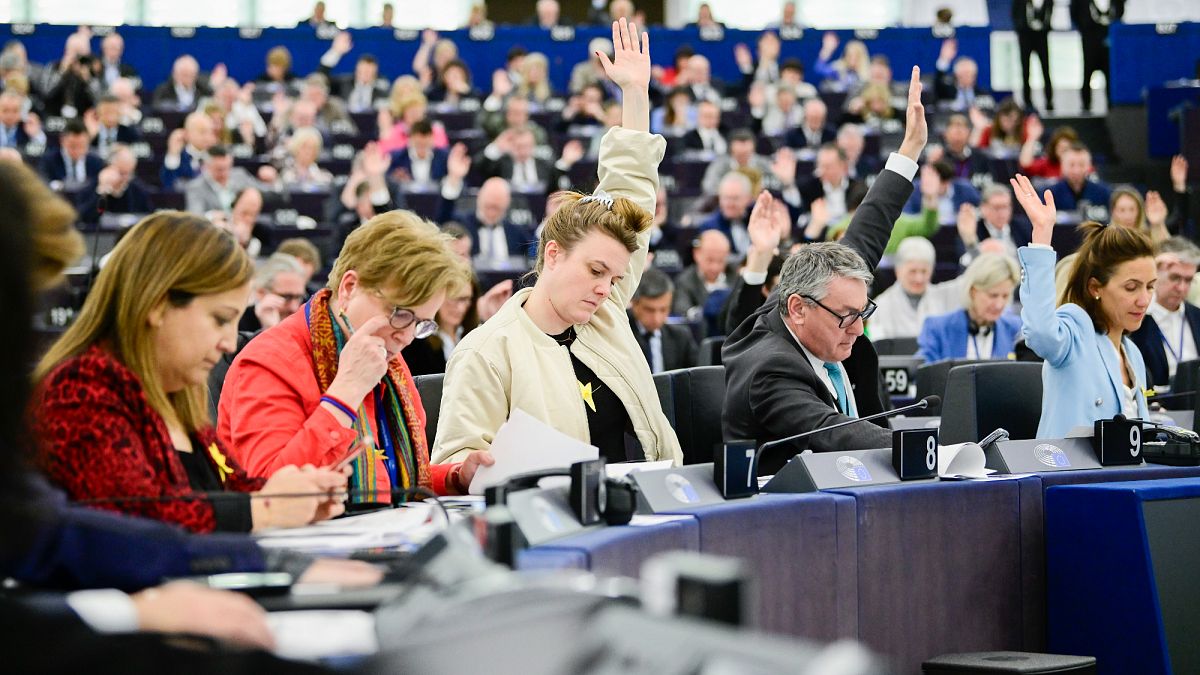The EU executive is looking at the energy used by large language models and standard bodies to calculate a benchmark.
The European Commission aims to issue special rules governing the environmental impact of artificial intelligence systems through secondary legislation under the AI Act, officials said during an online Commission event today.
Laura Jugel, a legal officer at the Commission's AI Office, said that so-called general-purpose AI (GPAI), which include Large Language Models (LLM) such as ChatGPT, Bard and Gemini, are very high energy consumers.
“As a starting point, we ask them to track how much energy is involved in their training,” Jugel said.
“We also ask the standard groups to look into this, to see if we can find a method for comparable documentation, because the high costs involved are also a burden on the companies,” she added.
“Once we have the methodology, we can put this in a delegated act,” said Kilian Gross, head of unit at the Office.
The AI Act, which entered into force last August, aims to regulate the systems according to a risk-based and human-centric approach. The rules for providers of GPAI models will become effective in August 2025.
Speaking at the same event, Irina Orssich, the Commission's head of sector AI policy, said that the impact of AI on energy consumption also came up during the negotiations with the European Parliament and the national governments, but “it was hardly possible to measure it.”
“We found it not possible to put it in a legal measurable way, but we are trying to find benchmarks, and there are already some provisions [in the text] where the environmental impact needs to be taken into account,” she added.
In the current AI Act, GPAI providers have very few obligations related to energy consumption, including recording duties. However, estimations are often considered sufficient. In addition, companies must account for any direct or indirect harm to the environment and report them to the market authorities.

 4 months ago
38
4 months ago
38






 We deliver critical software at unparalleled value and speed to help your business thrive
We deliver critical software at unparalleled value and speed to help your business thrive






 English (US) ·
English (US) ·